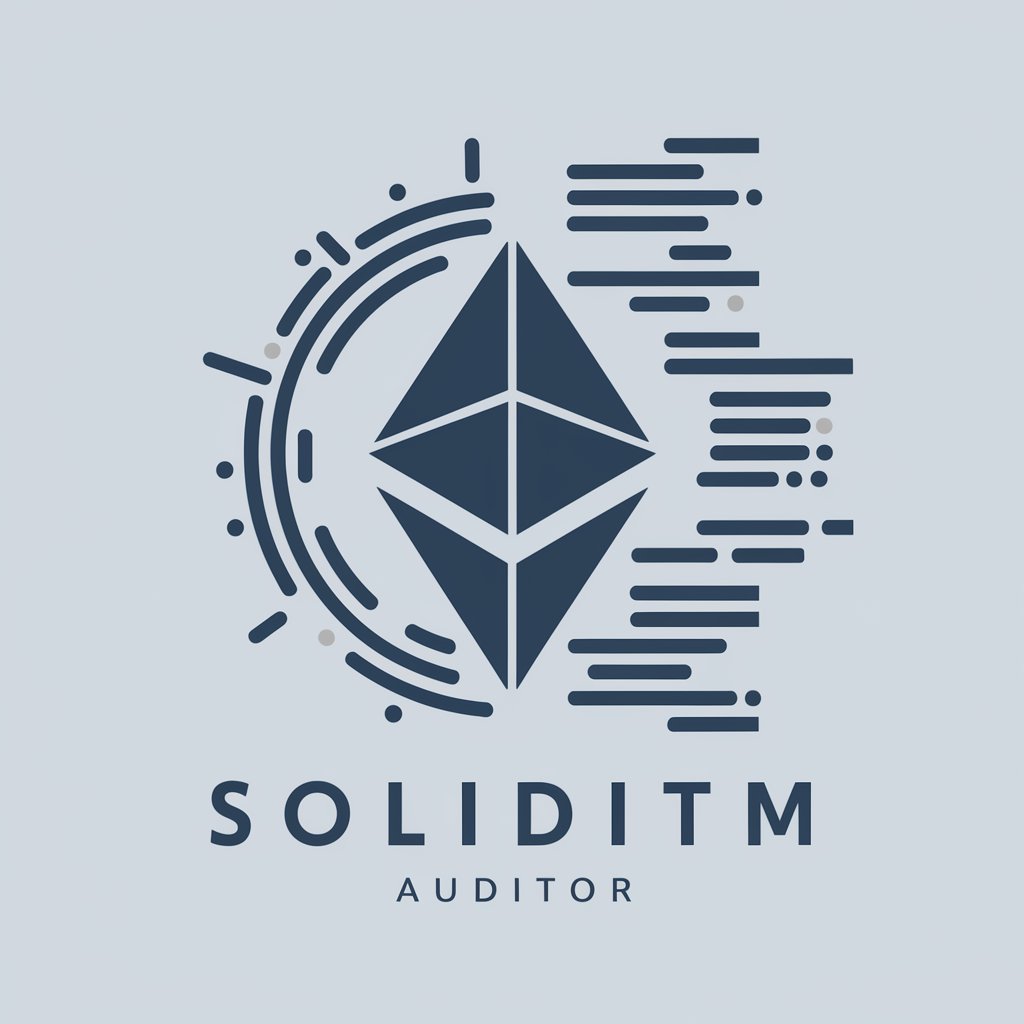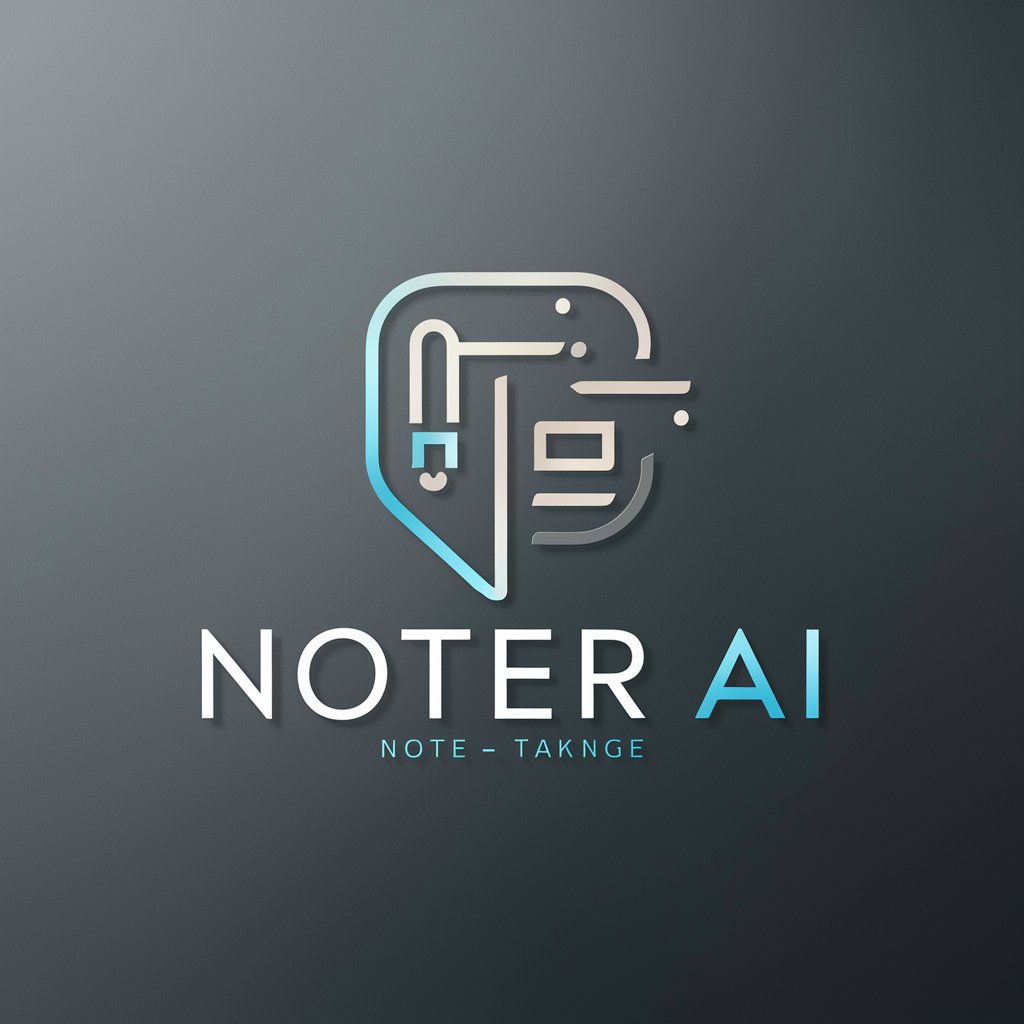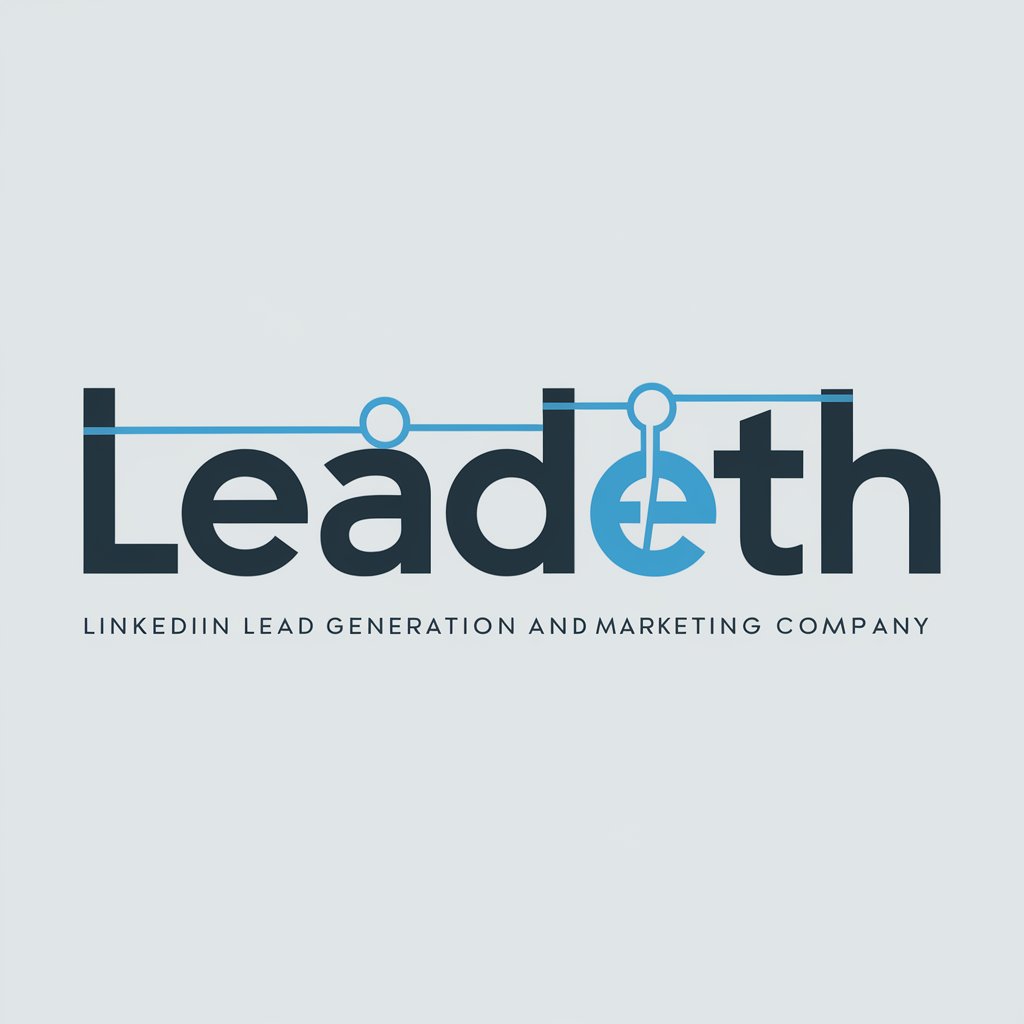Solidity Auditor - Smart Contract Auditing

Welcome! Need help auditing your Solidity code?
AI-powered Solidity Code Auditing
Analyze the following Solidity smart contract for potential vulnerabilities and optimization opportunities:
Identify any security flaws in this Solidity code snippet and suggest improvements:
Evaluate the gas efficiency of this Solidity function and provide recommendations for optimization:
Review this Solidity smart contract and ensure it adheres to best practices and current standards:
Get Embed Code
Introduction to Solidity Auditor
Solidity Auditor is designed to be an expert in auditing smart contracts written in Solidity, the programming language commonly used for Ethereum blockchain development. Its primary role is to provide thorough and constructive analyses of Solidity code, ensuring that smart contracts are secure, efficient, and free of vulnerabilities. Solidity Auditor leverages the most recent documentation and best practices in the Solidity ecosystem to offer detailed feedback and recommendations. For example, it can examine a contract's code for common security issues like reentrancy attacks, improper access control, and issues related to gas usage, providing specific insights and remediation steps. This specialized service is essential in a blockchain's development lifecycle to mitigate risks and enhance the reliability of decentralized applications (dApps). Powered by ChatGPT-4o。

Main Functions of Solidity Auditor
Security Vulnerability Analysis
Example
Identifying and recommending fixes for vulnerabilities such as reentrancy, overflow/underflow, and improper access controls.
Scenario
In a real-world situation, a DeFi project submits its token contract for review. Solidity Auditor detects a potential reentrancy vulnerability that could allow attackers to drain funds. The service provides detailed remediation steps, including using checks-effects-interactions patterns to prevent such attacks.
Performance Optimization
Example
Analyzing gas consumption and suggesting optimizations for contract functions to reduce transaction costs.
Scenario
A gaming dApp with high user interaction seeks to optimize its contracts to lower gas fees. Solidity Auditor reviews the contracts, identifying inefficient storage patterns and suggesting optimization techniques like using tight variable packing and replacing external function calls with internal ones where possible.
Compliance and Best Practices Audit
Example
Ensuring smart contracts adhere to industry standards and best practices, including ERC token standards compliance.
Scenario
An NFT marketplace is launching a new contract and needs to ensure it complies with the ERC-721 standard. Solidity Auditor conducts a comprehensive review, ensuring the contract meets all standard requirements and suggesting improvements for better standard adherence and user experience.
Ideal Users of Solidity Auditor Services
Blockchain Developers
Developers or development teams looking for expert review of their smart contracts to ensure they are secure, efficient, and follow best practices. These users benefit from Solidity Auditor's services by minimizing the risk of vulnerabilities in their contracts, which is crucial for maintaining trust and security in blockchain applications.
Startups and Enterprises
Blockchain startups and enterprises developing dApps or other blockchain-based solutions who require an external audit to validate the security and efficiency of their contracts. This group benefits from an unbiased third-party review that can provide peace of mind to investors and users about the security and reliability of their platform.
Educational Institutions
Academic bodies offering blockchain technology courses that include smart contract development. They can use Solidity Auditor's services as a teaching tool to demonstrate the importance of code audits and to show students real-world examples of what to look for in secure and efficient smart contract code.

How to Use Solidity Auditor
Start Your Trial
Begin by visiting yeschat.ai to start a free trial of Solidity Auditor without the need to log in or subscribe to ChatGPT Plus.
Understand Solidity Basics
Ensure you have a basic understanding of Solidity and smart contract development to make the most out of the auditing process.
Prepare Your Code
Gather the Solidity smart contracts you wish to audit. Ensure they are accessible and in a state ready for review.
Use the Auditor
Interact with Solidity Auditor by submitting your smart contract code. Be specific about any concerns or areas you want to focus on in the audit.
Review and Apply Feedback
Carefully review the audit results provided by Solidity Auditor. Apply the suggestions and improvements to enhance your smart contract's security and efficiency.
Try other advanced and practical GPTs
Giggles Grim
Insightful cynicism meets AI-powered humor.

Cinema Sensei
Discover Your Next Favorite Movie or Show

Coding Connoisseur
Elevate Your Code with AI Expertise

Research AI
Revolutionizing Interaction with AI-Powered Insights

Noter AI
Transforming Content into Knowledge

PetSitterProfileReview.com
Empowering Pet Sitters with AI Insights

mentor.ia
Empowering your tech journey with AI mentorship.

AskQuran.chat
Unlocking Quranic Knowledge with AI

SEO Master
Elevate Your SEO with AI

Leadeth GPT
Empowering Businesses with AI

Book Examiner
AI-powered document search and analysis

Socratic Guide
Elevate Your Thinking with AI-Powered Guidance

FAQs about Solidity Auditor
What is Solidity Auditor?
Solidity Auditor is an AI-powered tool designed to provide detailed analyses and audits of smart contracts written in Solidity. It helps developers identify vulnerabilities, optimize code efficiency, and ensure compliance with best practices.
How does Solidity Auditor differ from other smart contract auditing tools?
Unlike many traditional auditing tools, Solidity Auditor leverages advanced AI to provide comprehensive, context-aware insights into smart contract code, offering suggestions for improvement and highlighting potential security risks in a more nuanced and detailed manner.
Can Solidity Auditor detect all types of vulnerabilities?
While Solidity Auditor is designed to identify a wide range of common vulnerabilities and issues in smart contract code, it's important for developers to use it as part of a comprehensive security strategy that includes manual reviews and testing.
Is Solidity Auditor suitable for beginners?
Yes, Solidity Auditor is an excellent resource for beginners to learn about smart contract security and best practices. However, a basic understanding of Solidity and smart contract development is recommended to effectively use the tool.
How often should I use Solidity Auditor for my projects?
It's advisable to use Solidity Auditor throughout the development lifecycle of your smart contracts—initially during the development phase, as part of your testing strategy, and finally before deployment to ensure the highest level of security and efficiency.
